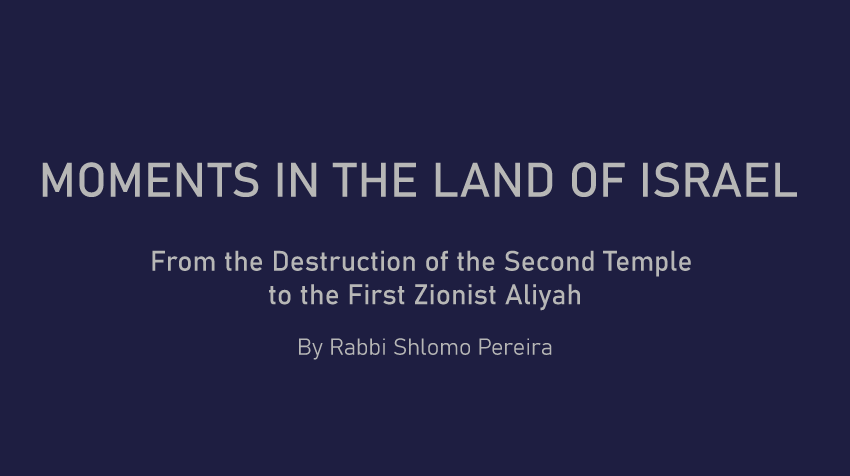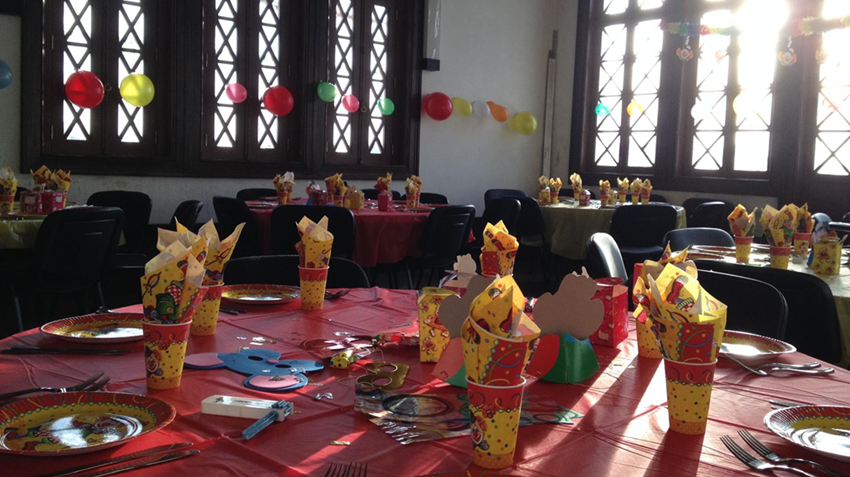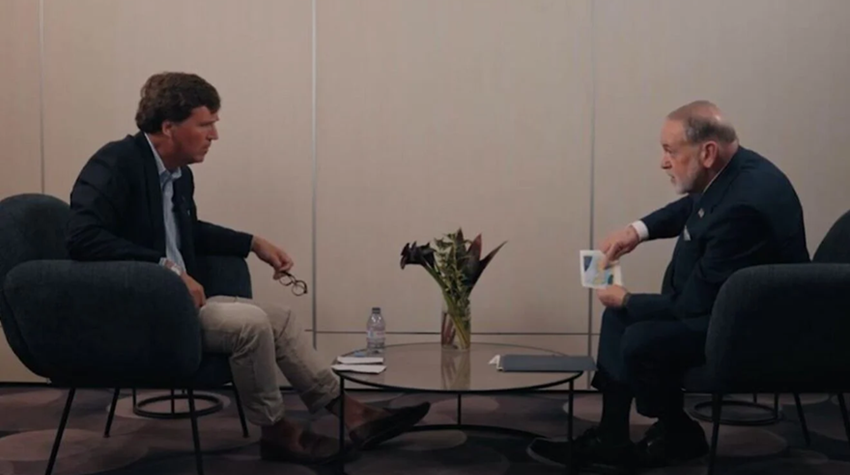Highlighting the permanent Jewish presence and the relevance of Jewish contributions in Eretz Israel as well as the continuous connection between Diaspora Jews and Eretz Israel throughout the centuries between the Destruction of the Second Temple and the onset of modern Zionism, through a series of one-page notes distributed weekly.
DID YOU KNOW THAT... between 1209 and 1211, a large number of French rabbis settled in the Land of Israel? According to some sources, this movement involved up to three hundred scholars their families and students in two major waves, first from southern France, in 1209, and then from northern France, in 1211. It included, among other sages, R. Shimshon of Sens (c.1150-c.1230), R. Yonatan Ha-Kohen of Lunel (c.1135-c.1210), R. Baruch of Worms (1170-1211), R. Yosef of Clisson [?] and his brother R. Meir [?] and R. Shimshon of Coucy [?]. This event is often referred to as the Aliya of the Tosafists, this being the collective appellation of rabbis from the 1100s and 1200s, mostly from France and Germany, who composed glosses on the Talmud, the so-called ‘Tosafot’ or ‘Supplements’. Indeed, all of these rabbis were well-known Tosefists at the time, and their number and reputation made this a significant scholarly contingent. The stated motivation for this movement was halachic in nature and based on the view that they could fulfill more commandments in Israel than in exile. The prevailing messianic fervor and the pronounced decline in Torah study in France may have also played a role. Other possible causes such as the persecutions and the severe economic oppression suffered by the Jewish communities seem to have been less relevant as this was not a popular or widespread movement. Regardless, this migration to the Land of Israel is mentioned by contemporary sources. R. Abraham Maimon [1186-1237], the son of Maimonides and the then leader of the Egyptian Jewish community, mentions French Tosafists passing through on their way to Israel. In turn, the Spanish poet and traveler R. Yehudah al-Charisi [c.1160-1225], who visited Jerusalem in 1216, reports to have met there several French scholars. Many of the details of this movement, however, come from the book ‘Shevet Yehudah’ by the great Spanish historian R. Shlomo ibn Verga [1460–1554].


































